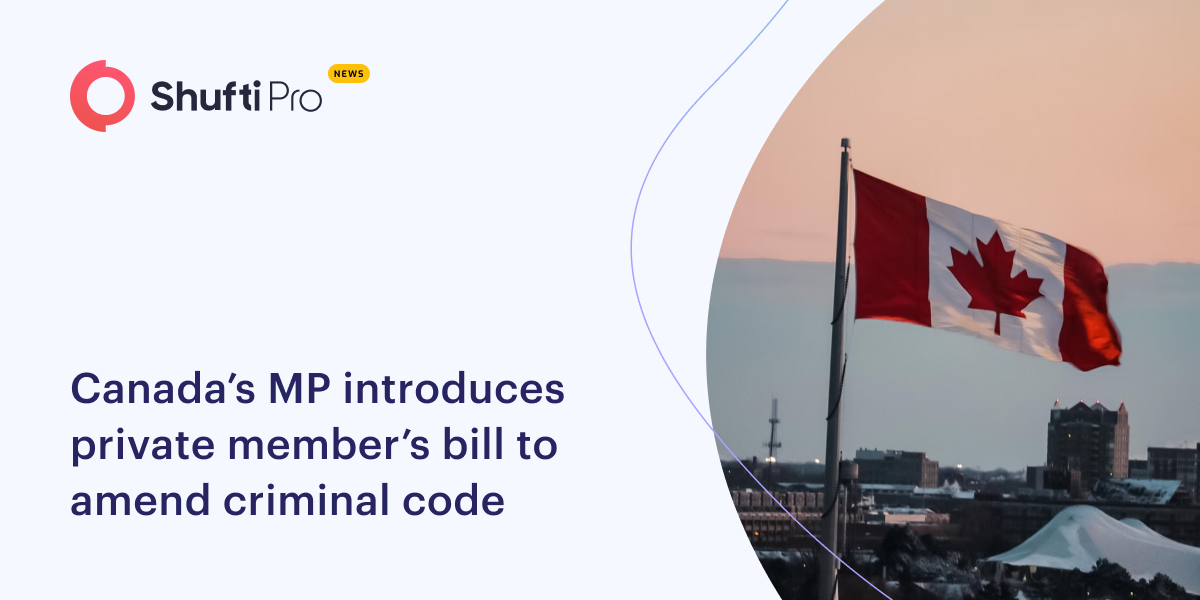Canada’s MP Introduces Private Member’s Bill to Amend Criminal Code

The members of parliament of Simcoe North, including the deputy minister of finance, have introduced a private member’s bill in the house of commons, specifically concerning the money laundering activities
The news comes from the federal capital of Canada, Ottawa that the members of the parliament and the minister of finance have joined hands and introduced a new bill in the house of commons.
The adoption of the bill will amend the law for the criminal code in the country, to make it an offence for a person as enlisted in section 5 of the Proceeds of Crimes such as money laundering and terrorist financing. This also acts on the corporate structures entities as well. Those who have violated the regulation could face a ten-year prison with a fine of up to 1 million CAD.
This bill will be a new toolkit for the law enforcement agencies in Canada to combat money laundering. According to the report from the leading anti-corruption and transparency organisation of the country, Transparency International (TI) Canada, the country has amassed a reputation for easy jurisdiction for the national and international criminals to launder money.
James Cohen, from TI Canada, stated on the bill that the organisation is pleased to see the adoption of the bill that complements with increasing the efforts and attention of the country to fight money laundering and other illicit crimes. It is also a good measure of the national reputation of the country in terms of jurisdiction for putting an end to ‘snow washing’.
He added: “This proposed amendment can be a crucial tool in closing one of the many gaps that have been exploited by kleptocrats, tax cheats, and their enablers. TI Canada hopes to see all parties come together to move this proposal forward.”
Kevin Comeau, the CD Howe Intelligence Memo expert, also acknowledged the challenge with Canada’s current regulations on money laundering measures, He said: “Under our present anti-money-laundering rules, financial institutions and designated non-financial businesses and partnerships (Reporting Entities) are legally required to collect and verify the identity information of their clients. Reporting Entities failing to do so are subject to sanctions.
The bill will be an integral part of the budget for 2022 for complementing the publicly accessible beneficial ownership by implementing strict crime regulations on the entities that provide false identities even for corporate structures.
Suggested Read: Canada Financial Crimes Agency Questioned on Effectiveness Of Anti-Fraud Measures

 Explore Now
Explore Now













